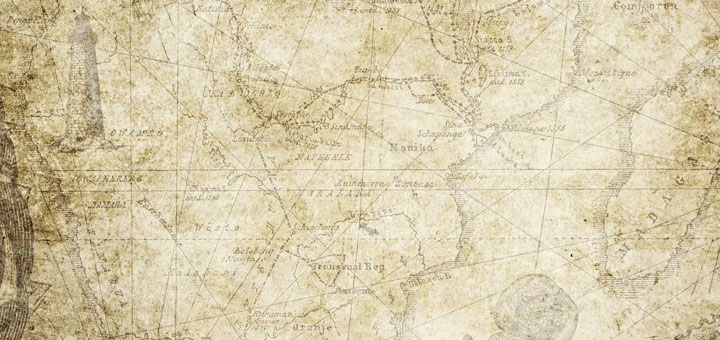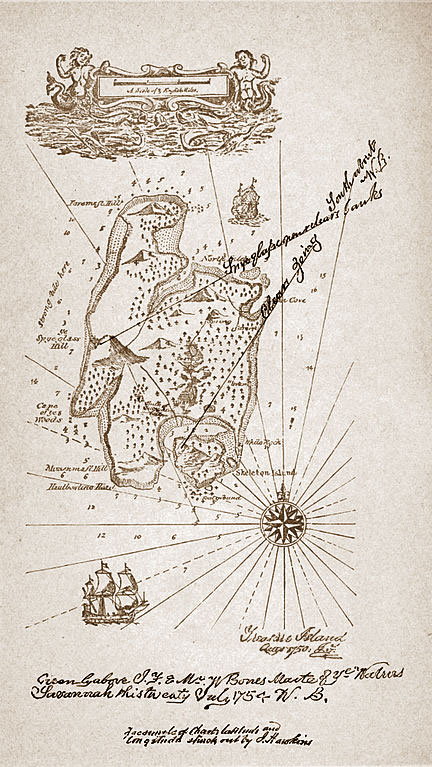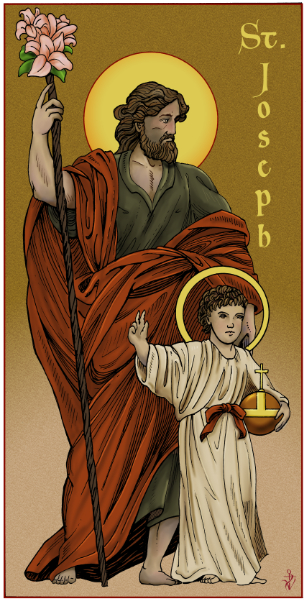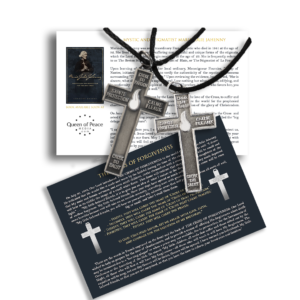
“People who say they are spiritual but not religious are looking for a treasure without a map.”

Robert Louis Stevenson’s novel “Treasure Island” had a tremendous impact on popular culture. It cemented pirates firmly in the popular imagination. Treasure Island gave us one-legged buccaneers with talking parrots, treasure maps marked with an “X,” and pirates who talk, well, like pirates.
In the story, the young hero, Jim Hawkins, comes into the possession of a map to a buried pirate treasure. With a few responsible adults, he sets off on a grand adventure to find it. He encounters many difficulties and obstacles but it is the map that is of crucial importance. Without it, there is no treasure to be found.
Maps are wonderful things. They help to guide us to where we are going, and they point out things along the way that we might otherwise miss. We tend to take them for granted these days but historically maps were prized possessions and jealously guarded.
Now imagine the story differently. Imagine Jim Hawkins is told that there is a buried treasure waiting to be found on an island somewhere out in the ocean, but he is not given a map to find it. He would have no idea of even where to start.
If by some stroke of luck or good fortune he managed to find the island, he would have no idea where on the island to look. All that he could do would be to wander around and hope that sooner or later he would bump into it.
People who say they are spiritual but not religious are like that. They feel that the formal structure of the Church is an artificial construct imposed upon the purely spiritual Church Jesus intended. But history shows us that this is not how God works. If the treasure they seek is God, then those who say they are ”spiritual but not religious” are treasure hunters without a map.
If you were to ask people why Jesus came to us, you would probably get a number of responses that all mean more or less the same thing. “He came to save us,” “He came to free us from sin,” “He came to die for us.”
And while those are all things that happened, the reason Jesus came to us, was to establish the Kingdom of God here on earth. Jesus came to give us a map to find our way back to God. And because we are creatures of both flesh and spirit, it had to be a map that we could see, touch, hear, taste, and smell. Jesus came to establish the Church.
God prepared the world for a visible, universal Church. He continues to lead us through popes and bishops, the successors to the twelve apostles.
God created us human, and His Church respects our human nature, which is a unity of invisible spiritual soul, and visible body.
The sacraments take on visible signs for the same reason. God is eager to reach out to us, physically as well as spiritually, because that is how He made us.
Pax vobiscum
4th Sunday in Lent
Lawrence Klimecki, MSA, is a deacon in the Diocese of Sacramento. He is a public speaker, writer, and artist, reflecting on the intersection of art and faith and the spiritual “hero’s journey” that is part of every person’s life. He maintains a blog at www.DeaconLawrence.org and can be reached at Lawrence@deaconlawrence.com








